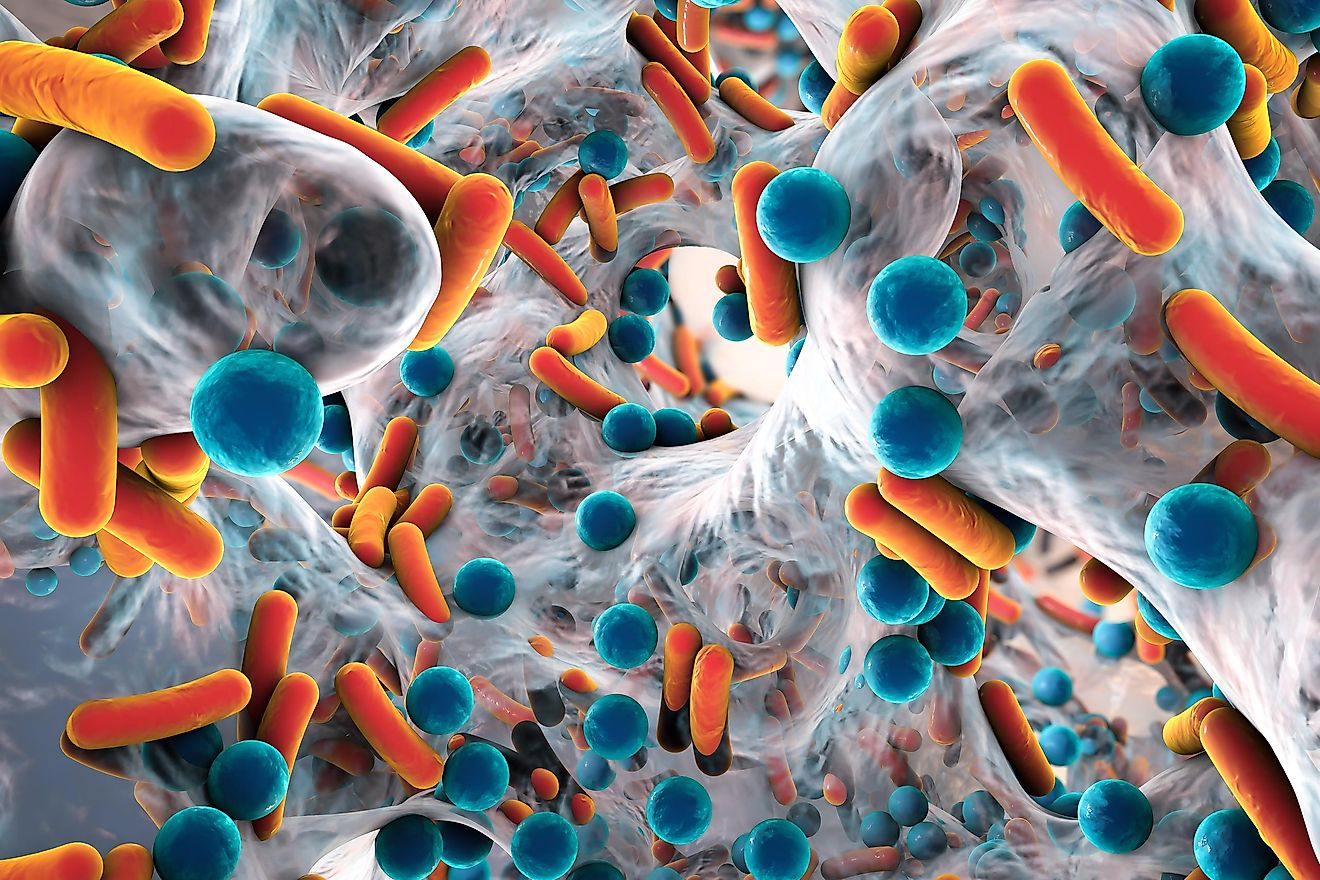Why Do Populations Increase?

- From the 1970s, the population of Earth has more than doubled: from 3 billion to over 7.5 billion people.
- The depletion of natural resources will always be directly linked to the number of people living on this planet: the more we use them, the more people can stay alive. However, this is not a responsible way to approach resource managing or think about how many people can actually live a decent life.
- The cost of living and the amount of money you need for basic needs, which are considered to be a necessity has only gone up in recent years. Again, resources are scarce, the prices will go up, as the population increases.
The number of people living on planet Earth has changed dramatically since the 20th century. The population has been on the rise before that, but after World War II ended, 1 billion people more are added to the human total every 12 to 15 years. What are the reasons for that, and why will we reach the number of 10 billion people by 2050?
What Does Affect The Global Population Number?
One thing to understand is that the global population is prone to fluctuations. Diseases, wars, and many other socio-economic factors determine how many people will be living on this planet. However, we have seen nothing but rise for quite some time now, and this fact is the one we are investigating.
There are many, if we need to put a label on social changes, good things that happened in the last 50 years. However, many bad things happened as well, and all of them had their effect on the global population increase. Let us investigate the good and the bad stuff, and see what factors could have benefited the human race, but resulted in population increase.
Medical System
You can imagine how different things were 100 years ago when it comes to treating medical issues people experienced. The technology, the capacity, and above all, the availability of the medical system for the general public, has changed drastically, and for the better. This had one direct impact on the global population because of the decline in the death rate. Numerous diseases that existed before are now gone. Some others appeared, but the incredible amount of discoveries in the medical field has improved the quality of life for people on Earth.
Infant Mortality Rate
We might argue that this economic system has many flaws and that poverty is still a huge issue. Still, things have changed, to a certain extent, when compared with some of the earlier periods in history. Back in the day, because of the reasons we will touch right after this one, families were much bigger, and it was not unusual to have 5 or 10 kids. However, the infant mortality rate was higher because of it. Parents could simply not take care of so many children, and yet more kids were born.
Family Planning
Today, in many ways, similar to before, families are often not planned. There are an incredible amount of reasons for that, but we will focus on sexual education and topics that address contraception.
It seems that, despite medical advancements, there is still not enough talk about the importance of family planning. Even if you step away from the obvious scenario in which raising more kids is exponentially more difficult, the less money you have, it is hard for people that have all the money in the world.
It is an enormous responsibility to decide to create another human being. But, without contraception, it is also one of the easiest things you can do if your reproductive systems are in check. As the population of this planet grew larger, the number of people who are not educated on these matters has also gone up.
All of this means that there is still a lack of awareness of how there are tools, who did not exist a hundred years back, which can prevent unwanted pregnancies. On the flip side, there are other ways of making a child today, and it can happen for people that can not have children due to different medical conditions like infertility. Although this is, as you can see, not the only variable related to population increase, the way people behave sexually has a massive impact on the ever-growing numbers.
Understanding the importance of population increase largely depends on education, and problems we sometimes do not want to address. More people on this planet means more stress for the environment, and a very likely increase in poverty, inadequate health care, a further rise in depletion of natural resources and immigrations that will change the shape and form of the world as we know it.











